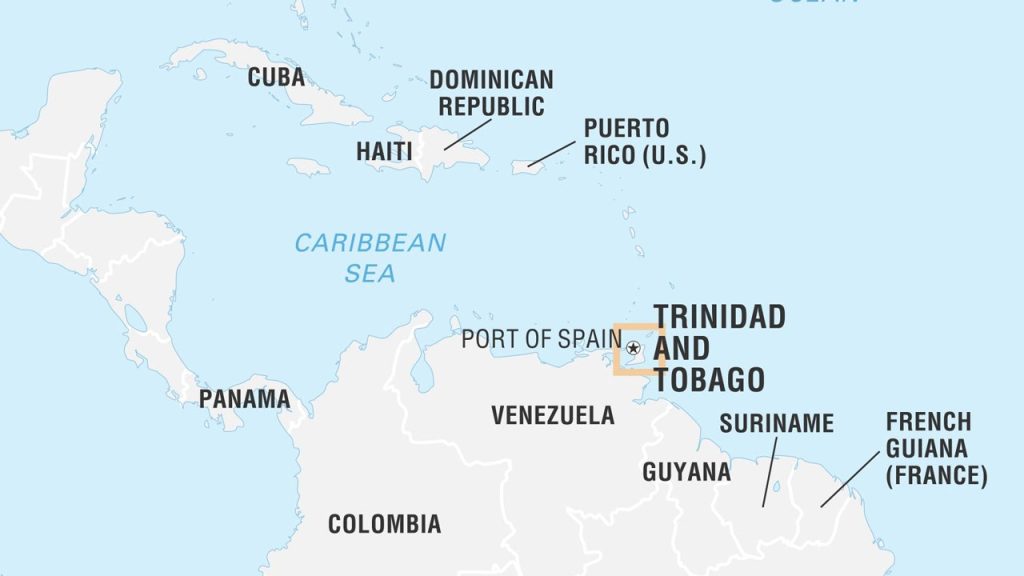In the southeastern Caribbean, a shark attacked a British tourist causing the government of Trinidad & Tobago to close seven beaches and a marine park. The man was hospitalized in an intensive care unit following the attack. The closure included beaches along the northwestern coast of the island of Tobago, specifically at Turtle Beach along Great Courland Bay. Shark sightings were reported in the Grafton area and the Buccoo Reef Marine Park, prompting officials to shut down the beaches to allow for investigations by the Coast Guard and Department of Fisheries to neutralize the shark threat, if possible.
Shark attacks, although rare, can be dangerous. Last year, there were 69 unprovoked attacks and 22 provoked bites worldwide, resulting in 14 fatalities, according to the Florida-based International Shark Attack File. Given the severity of the attack on the British tourist in Trinidad & Tobago, the government took swift action to close beaches and a marine park in response to the incident. It is important for authorities to investigate and mitigate any possible threats posed by sharks in order to ensure the safety of locals and tourists who frequent the beaches in the area.
The closure of the beaches and marine park along the northwestern coast of Tobago is a precautionary measure to prevent any further shark attacks in the area. By conducting investigations and neutralizing the potential shark threat, authorities aim to protect beachgoers and reduce the risk of future incidents. The swift action taken by the government shows their commitment to ensuring the safety of individuals who visit the beaches in Trinidad & Tobago and their proactive approach to addressing the issue at hand.
The attack on the British tourist in Trinidad & Tobago highlights the importance of understanding and managing potential shark threats in coastal areas. With increasing shark sightings and attacks reported worldwide, it is crucial for authorities to monitor and respond to such incidents promptly to prevent harm to individuals. By staying informed and implementing necessary measures, including beach closures and investigations, countries like Trinidad & Tobago can effectively address issues related to shark attacks and protect the welfare of beachgoers.
As the government of Trinidad & Tobago deems the situation a national emergency following the shark attack on the British tourist, it is vital for authorities to collaborate with relevant agencies, such as the Coast Guard and Department of Fisheries, to address the threat posed by sharks in the area. By coordinating efforts and utilizing resources effectively, officials can work towards neutralizing the shark threat and ensuring the safety of individuals who visit the beaches along the northwestern coast of Tobago. This collaborative approach is essential in managing and mitigating risks associated with shark attacks in coastal regions.
Overall, the recent shark attack on a British tourist in Trinidad & Tobago has led to the closure of several beaches and a marine park in response to the incident. With shark sightings reported in the area, authorities are taking necessary precautions to investigate and neutralize the potential shark threat, if possible. By staying vigilant and implementing safety measures, the government aims to protect beachgoers and address the issue of shark attacks in coastal regions effectively. The incident serves as a reminder of the importance of proactive measures in managing shark threats and ensuring the safety of individuals who enjoy the beaches in Trinidad & Tobago.














